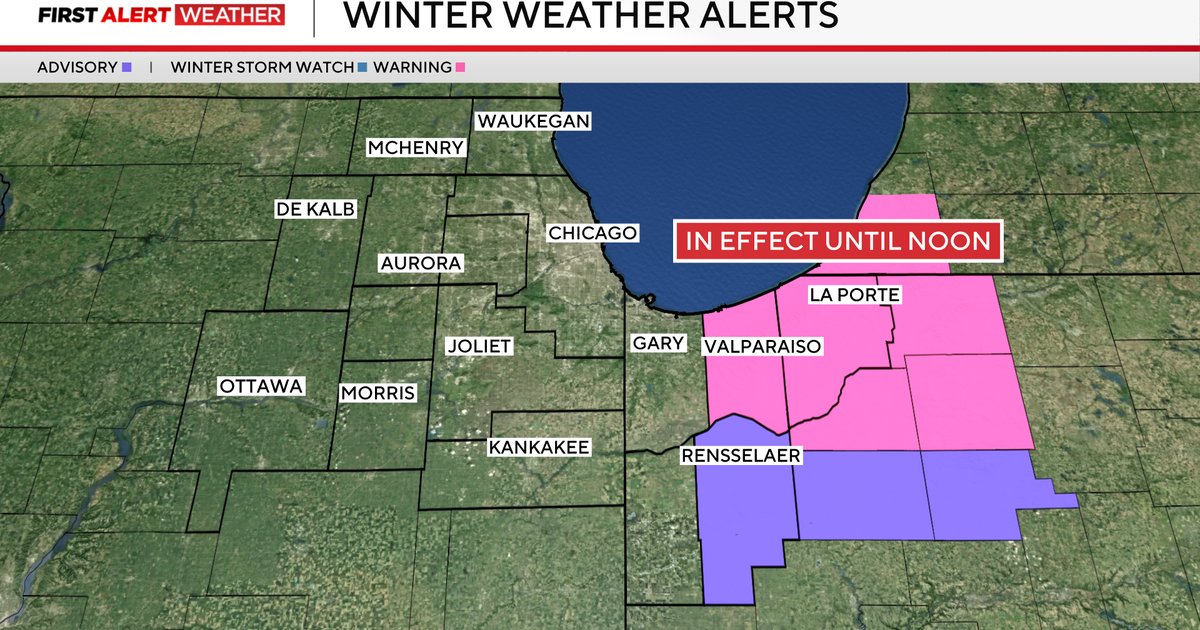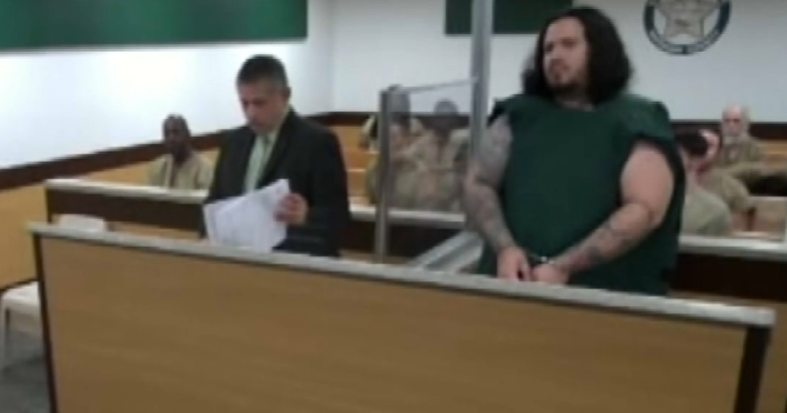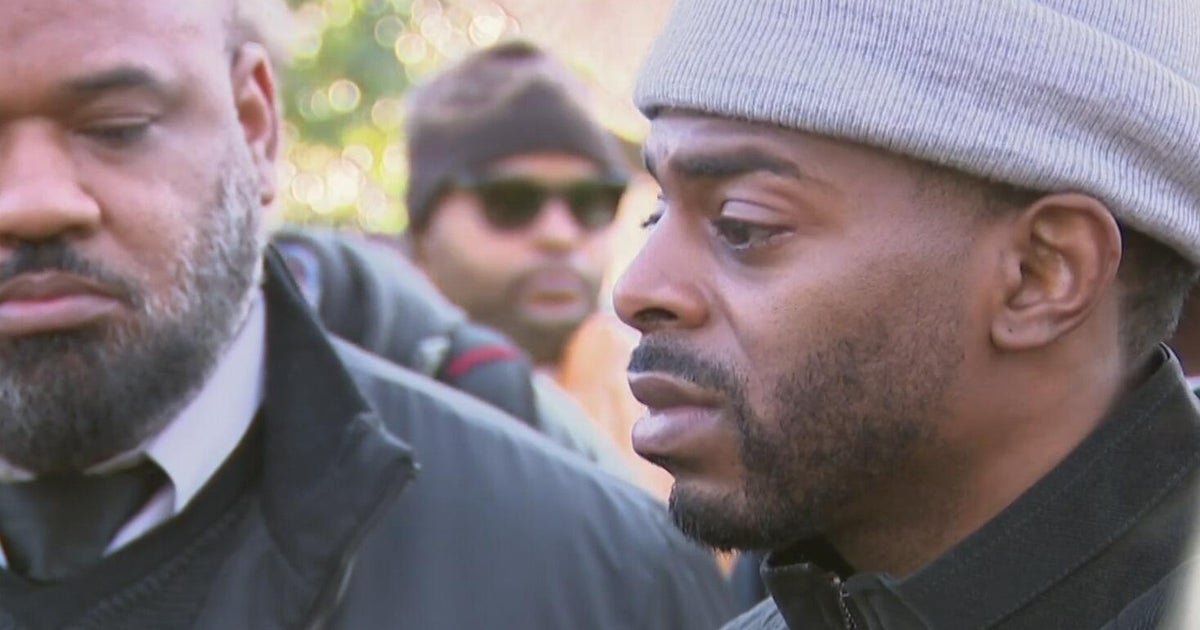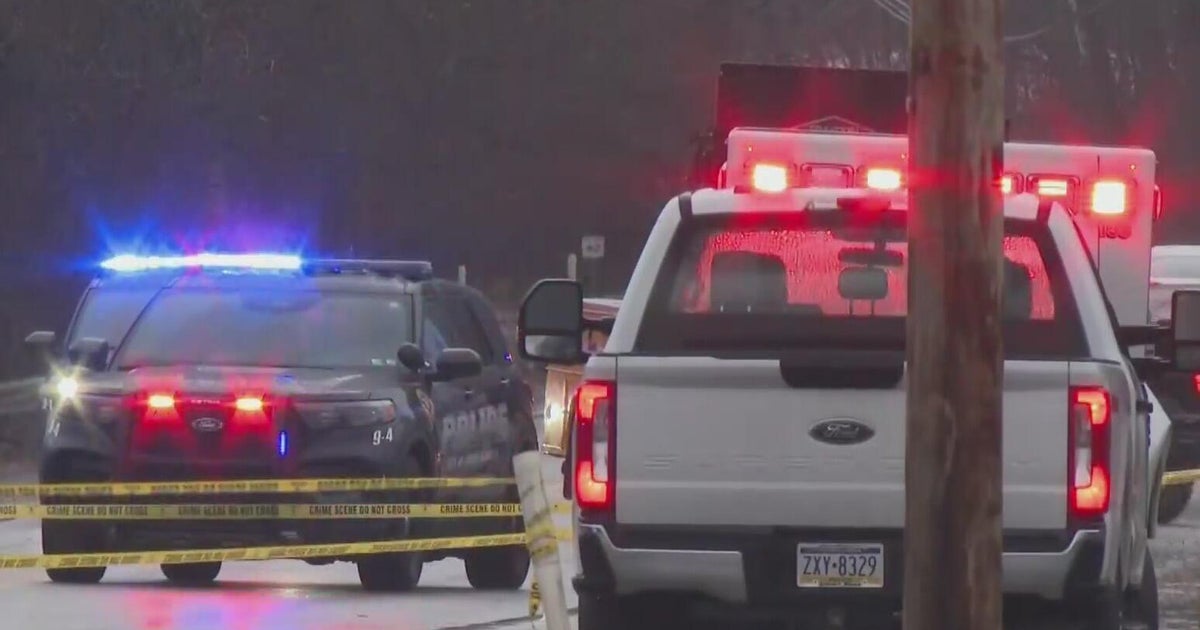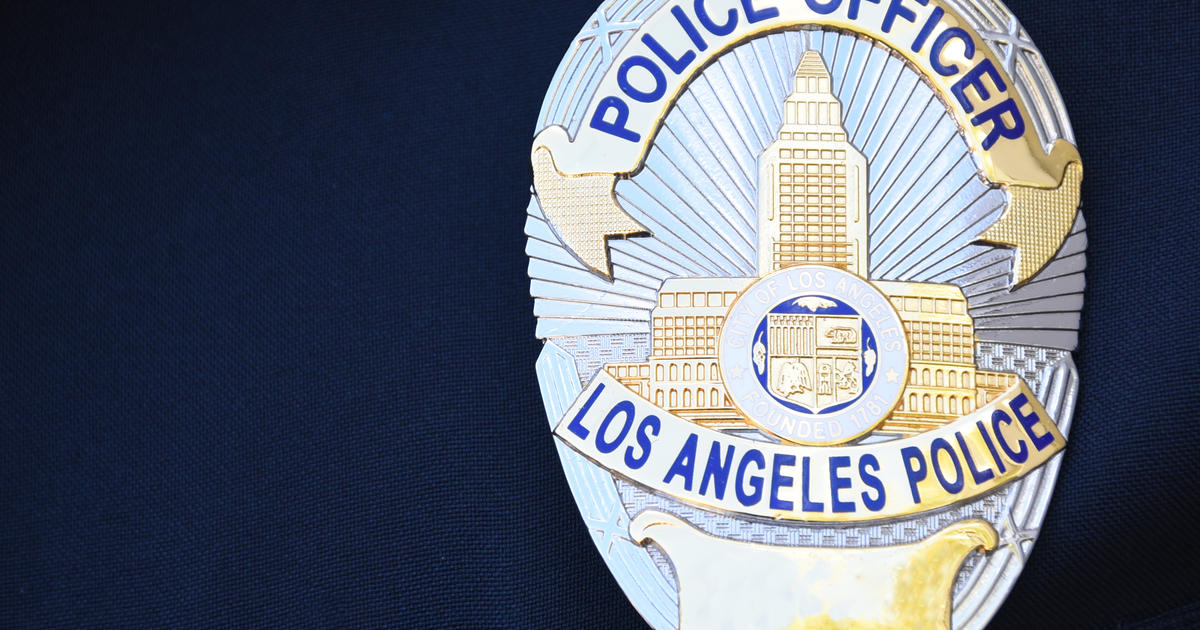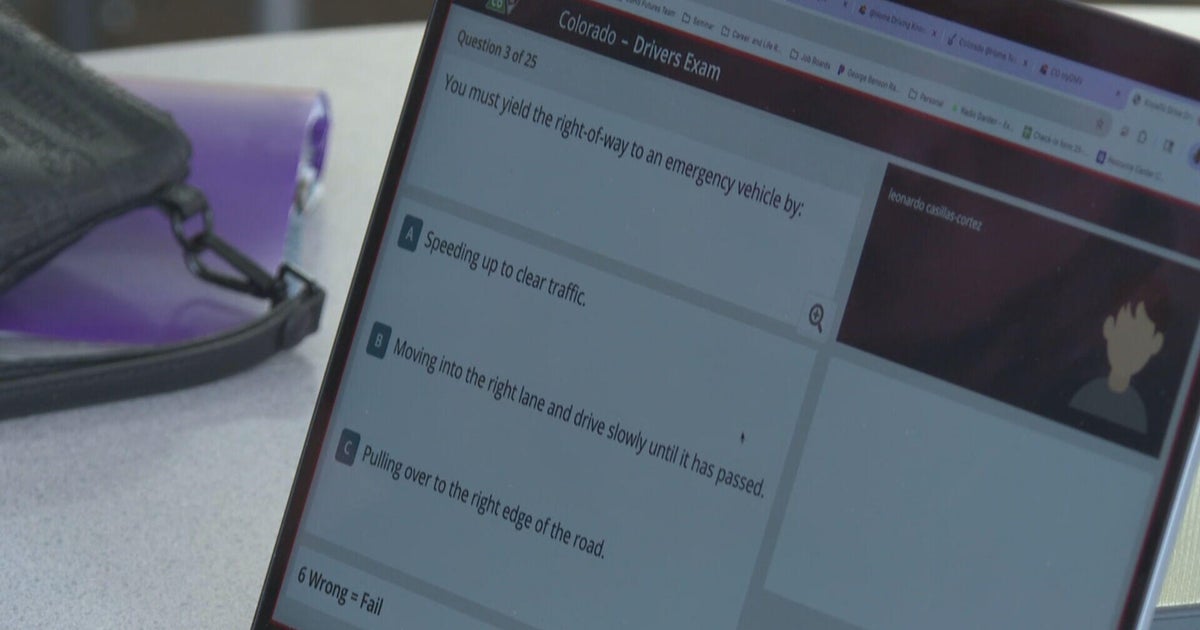Chicago Red Cross volunteers recall efforts to help survivors of Hurricanes Helene and Milton
CHICAGO (CBS) -- Four Red Cross volunteers from the Chicago area helped answer the call when back-to-back hurricanes hit Florida and the Carolinas in September and October.
Sam Pulia, Pattie Eakin, Al Lopez and Terry Nosal could have stayed safely in their own homes when Hurricanes Helene and Milton hit.
Instead, as Red Cross volunteers, they traveled hundreds of miles from the Chicago area to Florida and North Carolina to help the victims of the brutal storms.
"Once you get there, you just really can't imagine it," Lopez said.
"The trees that were knocked over, the roots were six feet high," Pulia said.
They'll never forget the people they helped. They met families in some of their darkest moments.
"This one little girl named Melody, and I know she lost everything," Eakin said.
"She told me about her father that was killed early on in the hurricane, and he was on top of a third story building and got swept away with a neighbor," Pulia said.
All four Red Cross volunteers found a second calling after retirement.
Pulia was a police chief and mayor of suburban Westchester, who served as a rescue worker in New York for 9/11 before joining the Red Cross.
He deployed to the Tampa area during the hurricanes, working in a shelter, helping hundreds of people.
"We interacted with a lot of people," he said.
Eakin is a retired teacher who headed to Crystal River, Florida.
"I was there the day one we opened the shelter, and there was a line outside," she said.
Lopez served in the U.S. Army and as a police officer before flying to Tallahassee to help.
"Our job is to feed," he said. "We would go up and down the roads. We fed anybody. Of course, our main objective was to feed the people who were affected."
For Eakin, Pulia, and Lopez, it was their first disaster deployment; while Nosal was the seasoned pro in the group, having previously helped in many hurricanes, wildfires in California, and flooding in Illinois.
"Every one of these disaster relief operations is different," Nosal said.
He's been there right after, and weeks even months later, making sure the families aren't forgotten. That's what drew him to Asheville, North Carolina, this time.
"It does change from taking care of people, initially, in the shelters to make sure they're safe, to helping them move along once they're able to get back in their house to possibly help clean up and do damage assessments," he said.
How do they find ways to make someone feel better, make them feel safe, after they've lost pretty much everything?
"A lot of my people wanted to tell their story of their rescue," Eakin said. "And that's probably the most powerful thing that all of us do is just listen to their story, because some of them feel insignificant or not heard, and it's just, 'I hear you. Let me see what I can do for you. We will get through this.'"
Eakin said she considers the people she helped part of her family.
All four volunteers said they're ready and willing to do it again.
"The operation continues there," Nosal said.
"We had a tear in our eye when we were leaving," Pulia said.
"I put my name on the list to be redeployed during Thanksgiving," Eakin said.
"There's always the next one," Lopez said.


